ANTD.VN - Up to 70% of real estate projects' problems are related to legal issues, hindering credit disbursement; while declining homebuyer confidence also leads to low demand for real estate consumer credit.
Real estate credit still increases strongly
On November 13, 2023, in Hanoi, the State Bank of Vietnam (SBV) coordinated with the Ministry of Construction to organize a conference on credit for real estate and social housing development.
According to the SBV leader, since the beginning of 2023, the banking industry has resolutely implemented solutions to help remove difficulties and improve access to credit for customers. As a result, by October 31, 2023, credit to the economy reached more than VND 12.8 million billion, an increase of 7.39% compared to the end of 2022.
Regarding the real estate sector, the State Bank encourages credit institutions to focus capital on the segments of low-cost commercial housing, social housing, and housing for workers; at the same time, control credit risks in the real estate business sector to promote the healthy and sustainable development of the real estate market.
By September 30, 2023, the total outstanding credit balance for the real estate sector of credit institutions reached VND 2.74 million billion, an increase of 6.04% compared to December 31, 2022, accounting for 21.46% of the total outstanding credit balance for the economy. Of which, real estate credit focused on consumption/self-use purposes accounted for 64% and outstanding credit balance for real estate business activities accounted for 36% of outstanding credit balance in the real estate sector.
However, in the first 9 months of the year, real estate business credit grew higher than the general credit growth rate and the same period last year. This shows that the solutions and efforts of the Government, the Banking sector and ministries, sectors and localities in removing difficulties and obstacles for the real estate market are gradually showing effectiveness.
 |
State Bank leaders inform about real estate credit |
At the Conference, representatives of businesses and banks said that currently, the real estate market is still facing many difficulties and challenges, including many long-standing problems and obstacles such as problems with the legal procedure system related to land, planning, and construction investment (accounting for up to 70% of problems of real estate projects).
According to Mr. Nguyen Van Dinh, Vice President of the Vietnam Real Estate Association, the Government and ministries have recently resolutely resolved legal issues but have not been strong enough to lift the market, leading to no new real estate supply. "The whole country has 1,200 projects waiting to be resolved, of which about 500 projects are under consideration, the remaining 800 projects are still waiting," said Mr. Dinh.
Along with that is the imbalance of supply and demand in segments, excess of high-end housing and villas while social housing and low-cost housing are still limited; Market demand in some segments is decreasing sharply;
The financial capacity of enterprises is still limited and depends mainly on external sources of capital such as loans, bonds, and mobilization from home buyers; other capital mobilization channels have not really been effective, especially the capital market (corporate bond market, stock market) which has some problems and has not developed commensurate with its role in providing medium and long-term capital for the economy; housing prices are high compared to the financial capacity and income of many people...
House prices remain high, homebuyer confidence declines
Regarding credit, businesses also made a number of recommendations such as wanting banks to further reduce lending interest rates, expand credit limits, extend loan terms, simplify procedures, reduce approval times, extend debt restructuring times, and accept other collateral besides real estate such as stocks, etc.
Banks have also raised difficulties in granting real estate credit. General Directors of many banks with large real estate debts also said that it is mainly due to legal problems of projects that cause the market to lack supply.
In particular, the current high housing prices also reduce the demand for home loans. “The lending interest rate has decreased by about 2.5% for both investors and home buyers, but real estate prices have decreased very little, not suitable for home buyers. Real estate transactions are mainly for buying and selling, which can cause bubbles and risks for real estate credit,” said Mr. Nguyen Thanh Tung, General Director of Vietcombank.
Not only that, Vietcombank leaders also pointed out the fact that demand for real estate consumer credit has decreased sharply when customer confidence is low. “Vietcombank has a very good growth in individual customers. Individual customers deposit a lot of money, even though banks continuously reduce interest rates, while home loans have decreased a lot. The reason is that customers have lost confidence in the real estate market, and are waiting for house prices to drop even lower,” said Mr. Tung.
On BIDV's side, Mr. Le Ngoc Lam, General Director, also pointed out the very slow growth of real estate consumer credit. By the end of October, BIDV's credit growth was 8.1%, only reaching 60% of the plan assigned by the State Bank. Real estate outstanding loans grew about 9%, accounting for about 18% of total outstanding loans; of which, consumer real estate outstanding loans increased very slowly, only about 4%, while every year the increase was about 20%.
“BIDV has reduced deposit and lending interest rates 10 times, lending interest rates have decreased by more than 20% compared to before. Social housing packages are actively sought to deploy loans, but so far only 385 billion VND has been approved, disbursed more than 25 billion.
In addition, we have issued a package of loans for low-cost commercial housing with very competitive interest rates. However, there are many projects with legal problems. Since last year, BIDV has approved about 26,000 billion and has only disbursed 8,000 billion, the remaining 18,000 is waiting for legal procedures to be disbursed" - Mr. Le Ngoc Lam said.
Regarding interest rates, banks said that the current interest rate level has decreased significantly. For medium and long-term loans, banks re-evaluate every 3-6 months to adjust interest rates when deposit interest rates decrease.
In addition, loan interest rates are also suitable for the bank's capacity, cheap capital structure, bad debt for real estate loans...
“The medium and long-term interest rate of about 9-10% is very low compared to the world market. Basically, the loans are at the bank's break-even point, to reduce it will take time, when the bank reduces the cost of capital” – said Mr. Pham Nhu Anh, General Director of MB.
Regarding the complicated and lengthy loan appraisal procedures, banks said it was mainly due to legal problems with the projects.
“Banks are risky businesses, so if there is a big risk, banks must evaluate more closely. Businesses must also provide accurate and transparent financial information. Sometimes, businesses provide the best numbers to banks, which also makes it difficult for banks. We have not made any moves to tighten real estate loans, but have expanded them to personal loans,” said Mr. Pham Nhu Anh.
Source link




![[Photo] Prime Minister Pham Minh Chinh receives CEO of Standard Chartered Group](https://vstatic.vietnam.vn/vietnam/resource/IMAGE/2025/4/2/125507ba412d4ebfb091fa7ddb936b3b)
![[Photo] Prime Minister Pham Minh Chinh receives Deputy Prime Minister of the Republic of Belarus Anatoly Sivak](https://vstatic.vietnam.vn/vietnam/resource/IMAGE/2025/4/2/79cdb685820a45868602e2fa576977a0)
![[Photo] General Secretary To Lam receives Russian Ambassador to Vietnam](https://vstatic.vietnam.vn/vietnam/resource/IMAGE/2025/4/2/b486192404d54058b15165174ea36c4e)





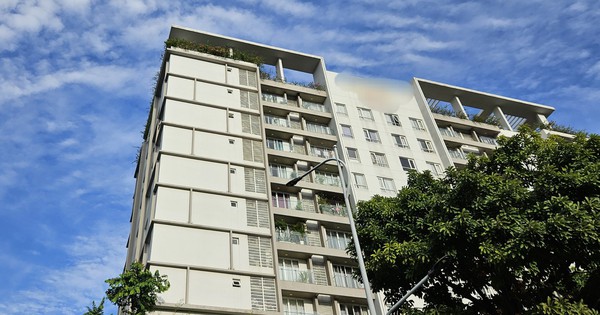

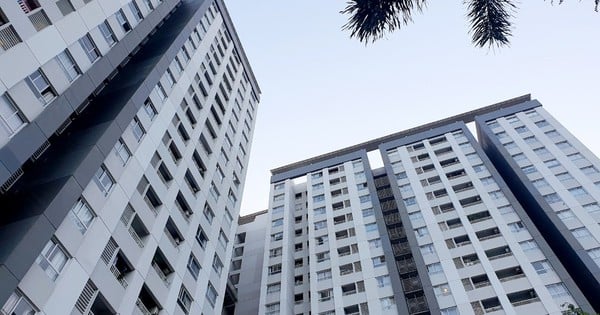

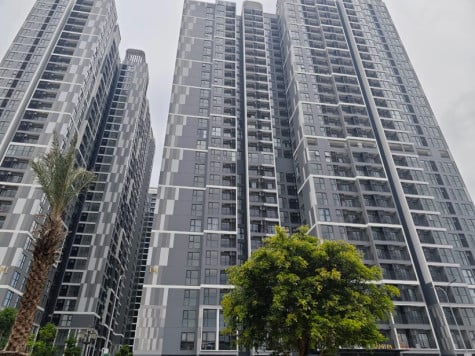













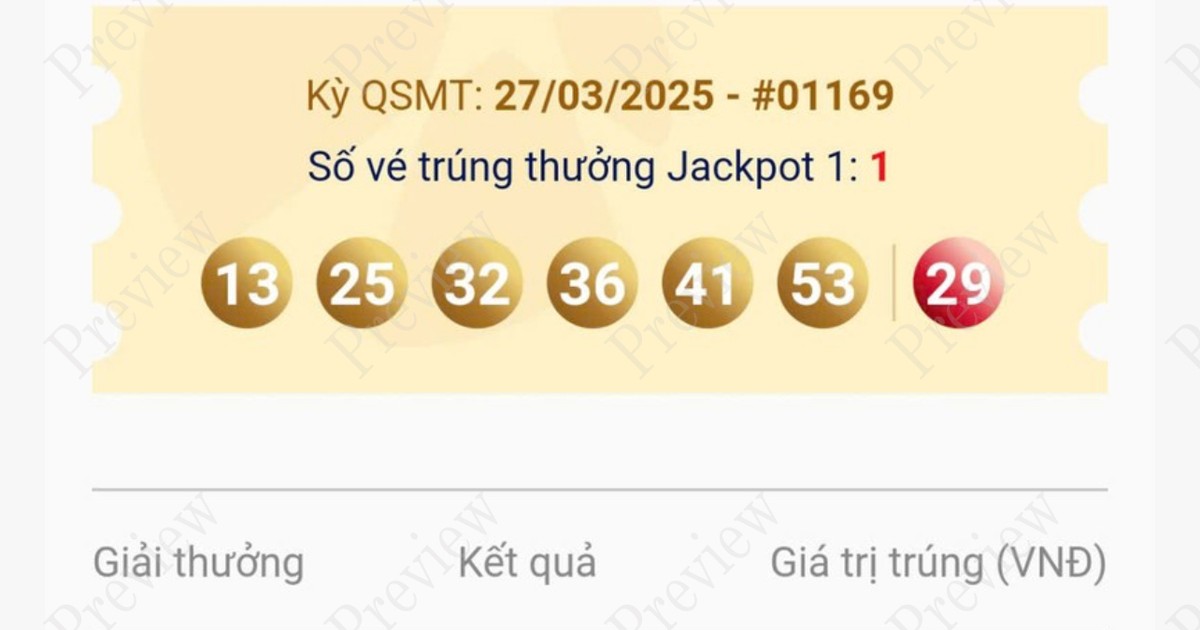



















































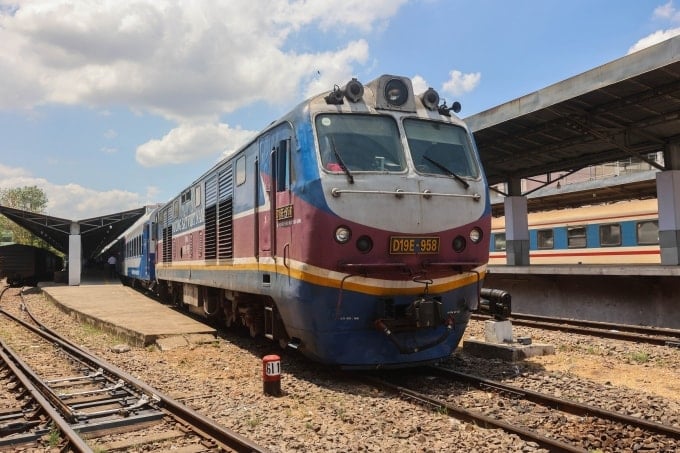


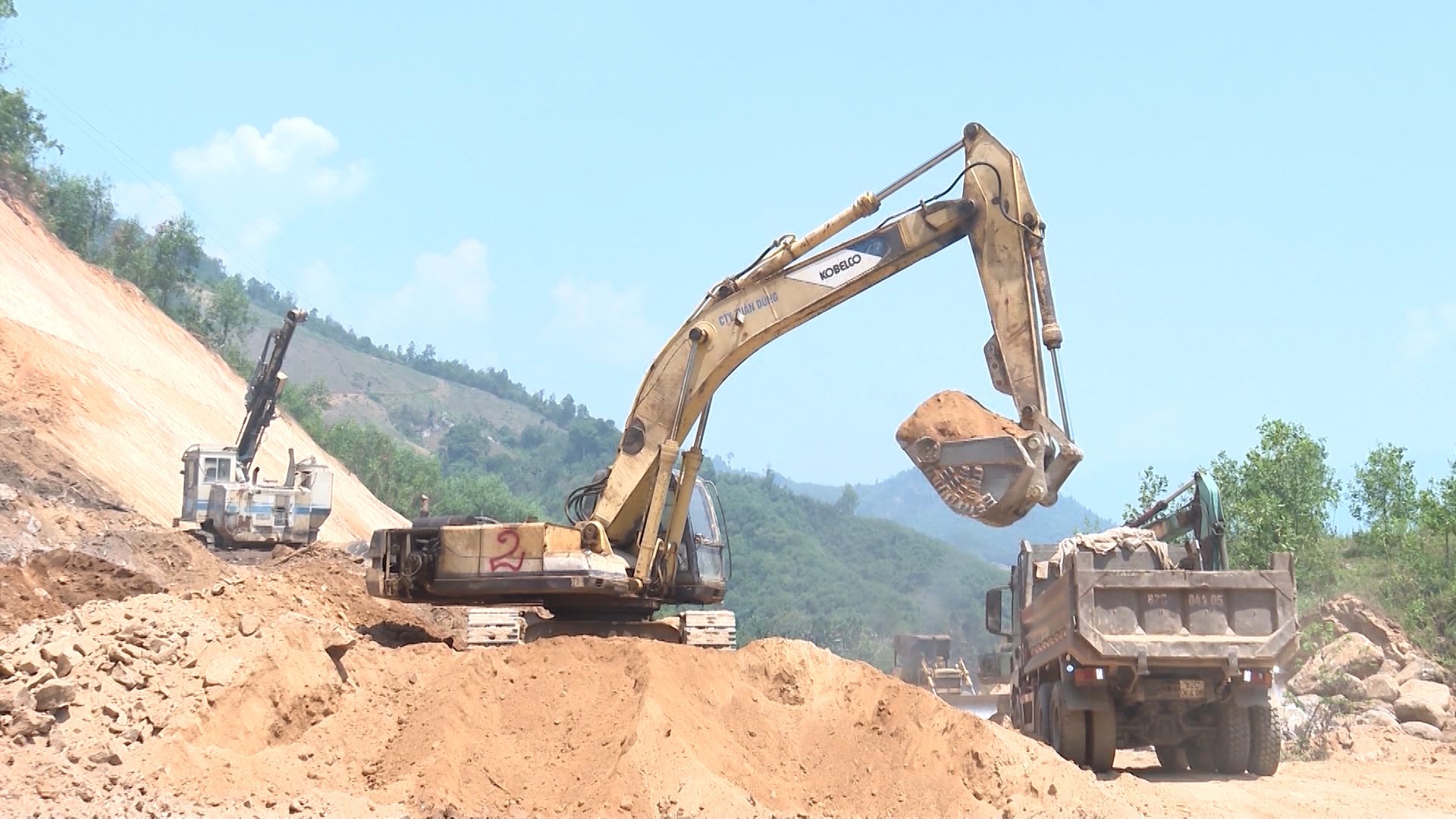












Comment (0)